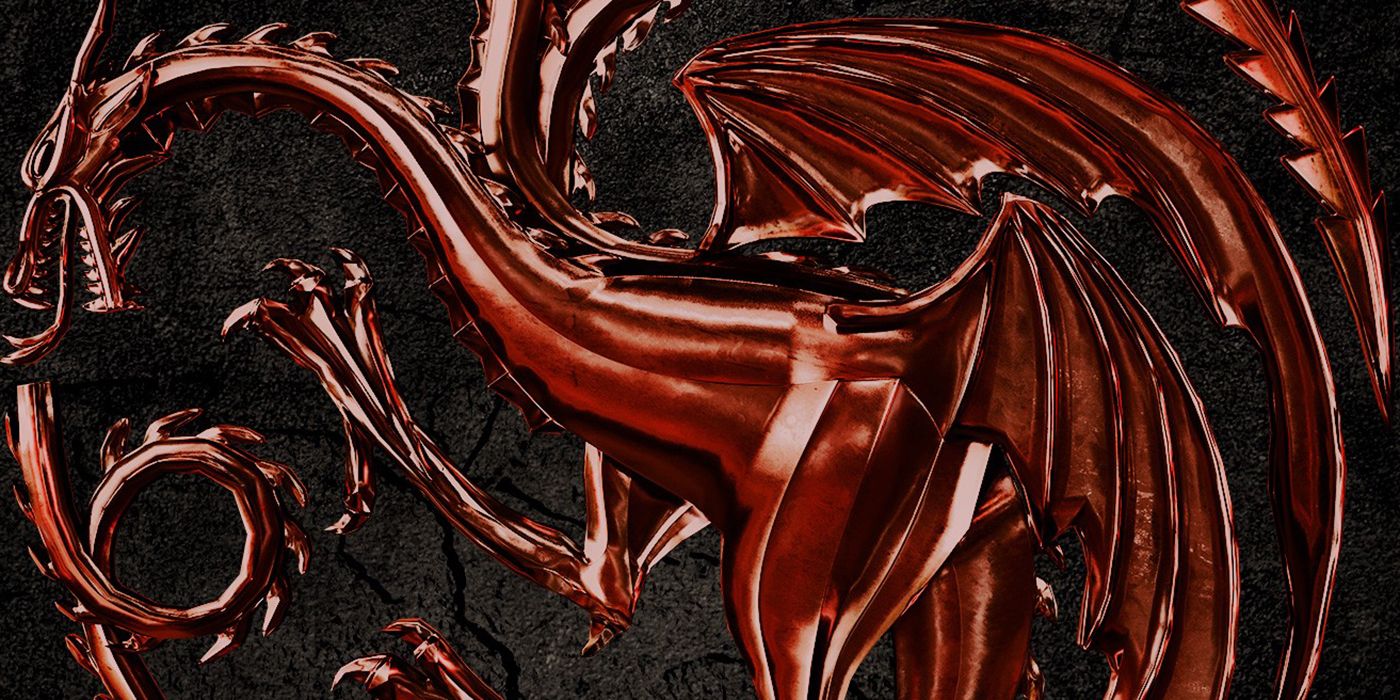
The subject of Game of Thrones is likely to make anyone roll their eyes nowadays. Audiences followed the HBO series for eight years and eight seasons, captivated by its award-winning writing, thrilling performances and immersive fantasy world. It was the show most people seemed likely to recommend, but that quickly changed with Season 8, which many found to be rushed, poorly written and uncharacteristic of the larger series.
It seemed as though showrunners D.B Weiss and David Benioff had dropped the ball after running out of material to adapt. Many also assumed that the two were eager to leave the series and move on to other projects. Many of these fears were confirmed when the duo spoke at Austin Film Festival and revealed that they had essentially been learning on the job and -- despite insistence from HBO -- avoided delegating creative responsibilities purely because, as they explained, "we didn't know better." It can be assumed then that the reason why earlier seasons works so well was because of George R.R. Martin's involvement and the fact that it was adapting story and characters rich with detail.
With the bitter taste of Season 8 still in their mouths and without the mind behind Westeros, Game of Thrones seems to be of little interest to audiences at large. That much was made clear when the spinoff series, developed under the working title Bloodmoon, was scrapped. A pilot was ordered and filmed, but it failed to impress HBO execs, even after heavy re-edits. On its own, this doesn't say much about the state of the franchise, after all it's part and parcel of television production. What is interesting is the complete disinterest fans expressed when news broke that Bloodmoon would not be moving forward.
In theory, the premise of the series should have intrigued the franchise's sizeable fanbase. Bloodmoon was to be set thousands of years before the events of Game of Thrones, during the Long Night, when the White Walkers rose for the first time. Westeros was a very different place and none of the Great Houses that audiences are familiar with would have existed, save a few, such as House Stark.
The lack of a notable reaction is understandable considering the legacy of Game of Thrones. Even if the original showrunners were not involved with Bloodmoon, the way they left Westeros would have inevitably shaped the fate of the Houses and races of the prequel series. Everyone knows what happens to House Stark in the end, everyone knows what happens to the White Walkers; imbuing any of these familiar elements with substance or real meaning would have been a monumental challenge for anyone, but not more challenging than trying to persuade unsatisfied fans that a prequel series could accomplish that.
There are still a number of related projects in the works, one of which has already been greenlit by HBO. Titled House of the Dragon, the upcoming series will adapt Martin's Fire and Blood, which is an almost encyclopedic text focusing on the history of House Targaryen, 300 years before the events of Game of Thrones, when dragons still roamed Westeros.
It's worth noting that Fire and Blood was not particularly well-received when it was published. Many critics noted that the novel was completely lacking the qualities that made Martin's other works so interesting. The fact that the book might be slightly unpopular among readers -- who undeniably contributed to the widespread success of Game of Thrones -- might hinder the success of the upcoming series. That is just one of several reasons why House of the Dragon will likely have difficulties persuading fans to give this franchise another chance.
The original series ended less than a year ago. Fans are still reeling from the extraordinary drop in quality that the series experienced in its final season, following what some had already marked as a gradual decline after Season 4. Releasing any kind of spinoff now, when the series is still being viewed with an increasingly apathetic attitude, will only place it under intense scrutiny and all the unfair criticism that usually goes hand in hand with it. In short, because of how Game of Thrones ended, no spinoff stands a chance.

Just to be clear -- there is still life in the Game of Thrones franchise. Author George R.R. Martin created an incredibly unique fantasy world with the potential to speak to a variety of different people on multiple levels. D.B Weiss and David Benioff proved that with the earlier seasons of the television adaptation, regardless of whether or not they really knew what they were presenting to the world.
To suggest that no adaptations should ever be made would be almost completely fallacious. There is still a lot about the series that fans adore. That being said, it would be wiser for HBO to hold off on releasing its spinoff series until the audience has had sufficient time to come to terms with what they may now feel to be, in extreme cases, eight wasted years.
Time would give spinoffs such as House of the Dragon a fair chance at reaching the same heights as its predecessor, especially since Martin continues to be attached to this series as a co-producer, with Miguel Sapochnik (known for the epic battle episodes in Game of Thrones) set to direct at least two episodes. It sounds like the makings of a strong successor series. In the end, as with everything in entertainment, it's up to the fans to decide whether or not it lasts longer than a single season.
Add Comments